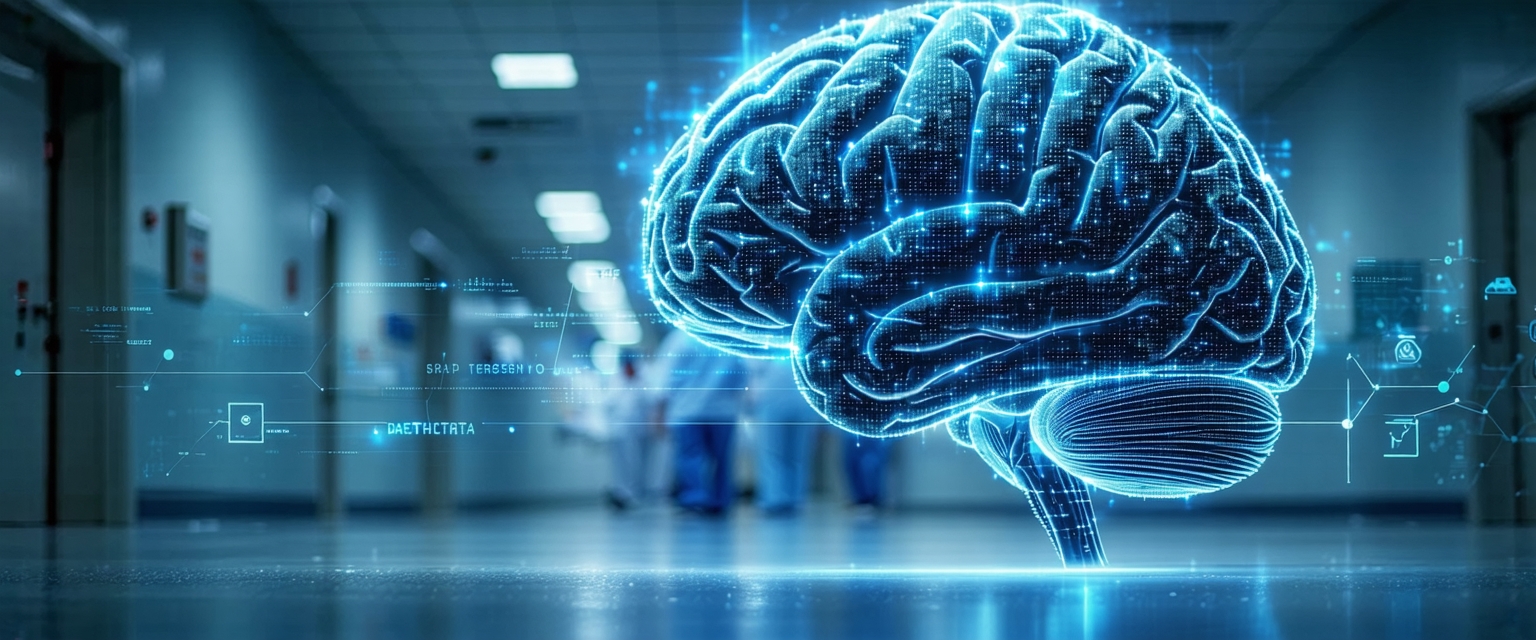






Artificial intelligence (AI) is rapidly reshaping the healthcare landscape, promising to revolutionize diagnosis, treatment, and patient care. Driven by advancements in computing power, data availability, and algorithmic sophistication, AI is moving beyond theoretical possibilities and into practical applications across various medical specialties.
The foundation for AI in healthcare was laid by decades of research in machine learning and natural language processing. The exponential growth of medical data, including electronic health records (EHRs) and medical imaging, provided the fuel for AI algorithms to learn and improve. Increased computational power has made complex analyses feasible, facilitating the development of sophisticated AI models.
Recent advancements include the development of AI-powered diagnostic tools that can detect diseases like cancer from medical images with higher accuracy than some human specialists. AI is also being used to personalize treatment plans, predict patient outcomes, and automate administrative tasks, freeing up clinicians’ time for direct patient care. New research is exploring AI’s role in drug discovery and development, potentially accelerating the creation of novel therapies.
A 2023 report by the World Health Organization highlights the potential of AI to improve healthcare access and quality, particularly in resource-limited settings. However, concerns remain regarding data privacy, algorithmic bias, and the ethical implications of autonomous decision-making in healthcare. Dr. Eric Topol, a leading expert in digital medicine, emphasizes the need for rigorous validation and responsible implementation of AI technologies to ensure patient safety and trust (“Deep Medicine,” 2019).
The opportunities for AI in healthcare are vast, potentially leading to improved patient outcomes, reduced healthcare costs, and increased efficiency. However, challenges remain. Addressing algorithmic bias, ensuring data privacy and security, and establishing clear regulatory frameworks are crucial for responsible AI deployment. The future of AI in healthcare will likely involve increased collaboration between clinicians, AI developers, and policymakers to navigate these complexities.